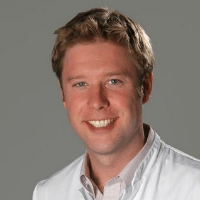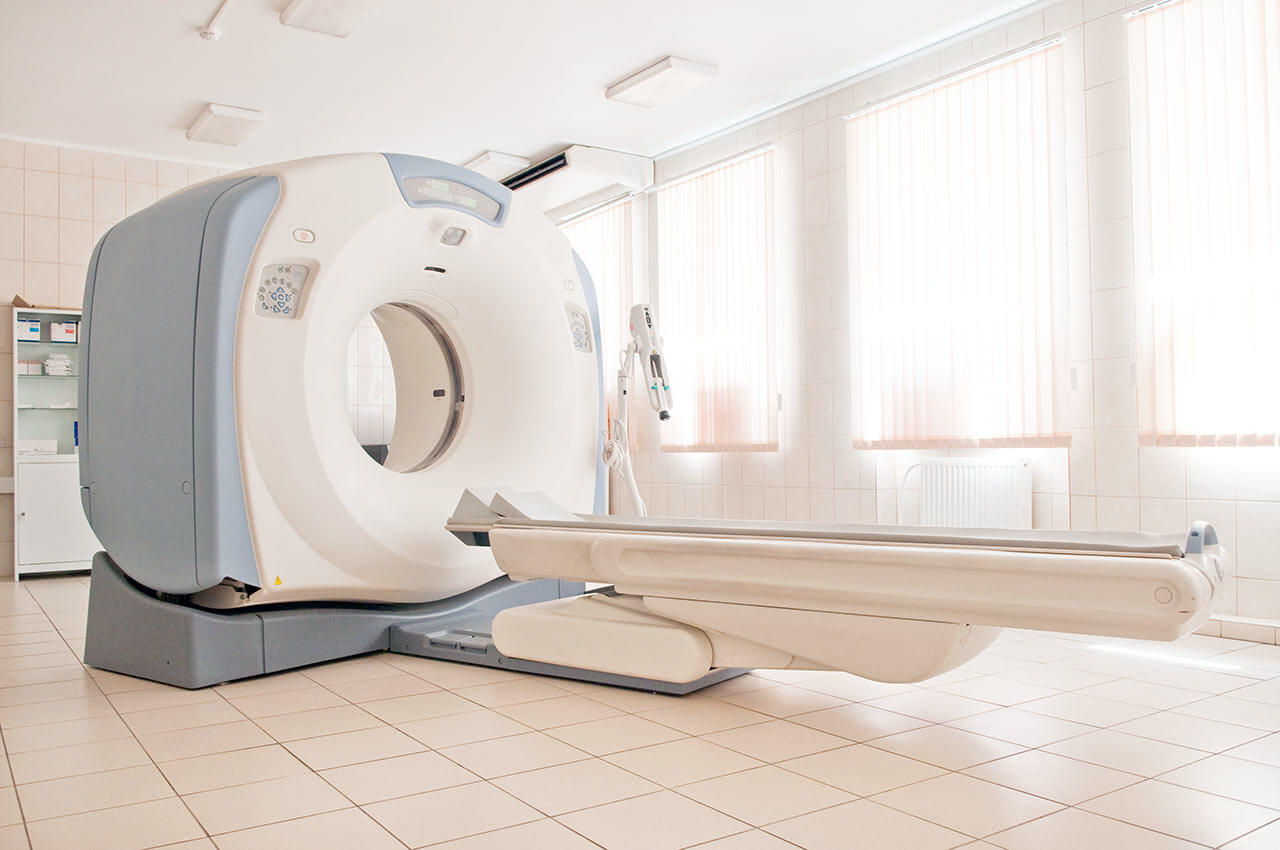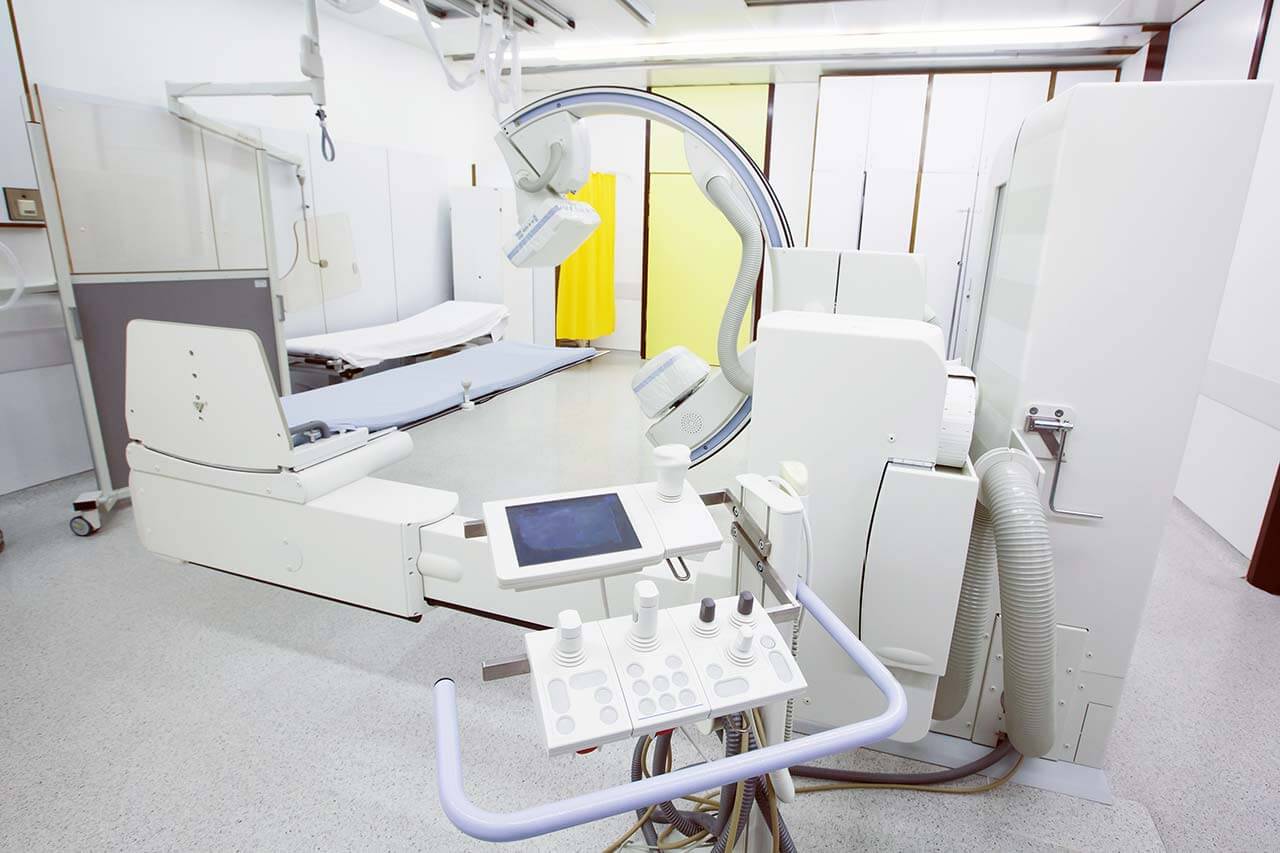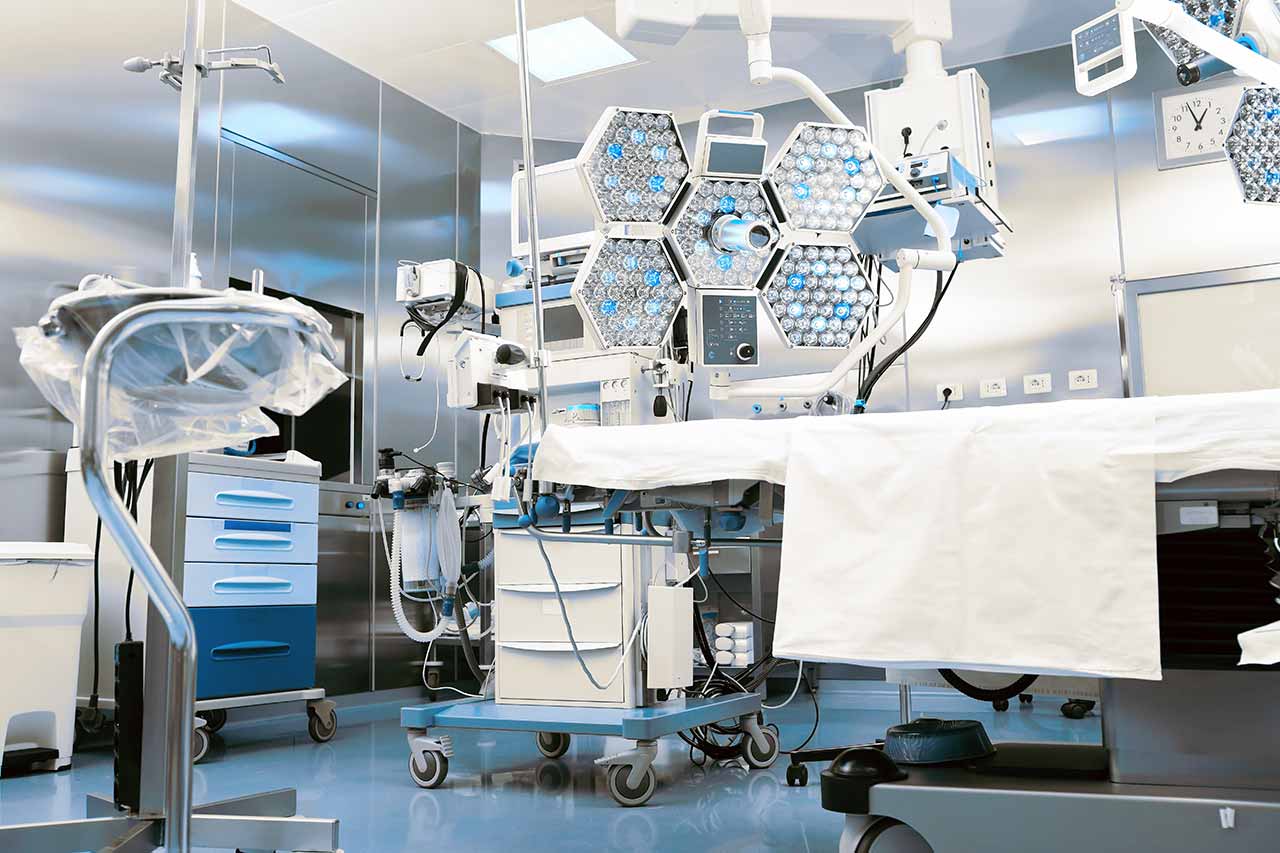
The program includes:
- Initial presentation in the clinic
- clinical history taking
- review of medical records
- physical examination
- urological examination
- laboratory tests:
- complete blood count
- clinical urine test and urine culture
- inflammation indicators (CRP, ESR)
- indicators of blood coagulation
- pelvic ultrasound
- MRI scan (on indication 1200 €)
- nursing services
- consultation of related specialists
- consultation of the chief physician and all leading experts
- development of individual treatment plan
- written statement
Required documents
- Medical records
- Scrotal ultrasound (if available)
Service
You may also book:
 BookingHealth Price from:
BookingHealth Price from:
About the department
The Department of Adult and Pediatric Urology at the University Hospital Freiburg offers the full range of services in the field of diagnostics and treatment of diseases and malformations of the kidney, bladder, urinary tract and prostate gland. Of particular interest are prevention, early detection and treatment of functional disorders, infectious and inflammatory processes, benign changes in the male genitalia, as well as interdisciplinary treatment of urologic cancers. In addition, the department’s specialists have extensive experience in the field of reconstructive surgery. The department provides care for patients of all age groups, from infants to very elderly people. The department is headed by Prof. Dr. med. Christian Gratzke.
It goes without saying that one of the key focuses of the department is prevention, diagnostics and treatment of prostate cancer. All necessary specialists, including urologists, radiation therapists, oncologists, radiologists, nuclear medicine doctors, rehabilitologists, etc. work together to treat this pathology. Therapy is carried out in accordance with the international guidelines of specialized societies and in close cooperation with the Comprehensive Cancer Center Freiburg. To effectively combat prostate cancer, doctors use innovative treatments that directly affect the tumor without damaging healthy tissues and preserving its maximal functionality. Such methods include, in particular, targeted radiation therapy and cryotherapy. If the patient is indicated surgical treatment, preference is always given to sparing (minimally invasive) surgical techniques.
The service range of the department includes:
- Andrology
- Erectile dysfunction. The main treatment methods include medication therapy (four different PDE-5 inhibitors), intracavernous injections, the use of vacuum pumps, installation of penile implants.
- Peyronie's disease. In the treatment of this disorder, preference is given to surgical intervention, while a new treatment method with enzyme preparations (Xiapex®) is also effective.
- Premature ejaculation. The main treatment methods include special ejaculation delaying pills, excitability threshold lowering measures (for example, use of local anesthetics or special condoms), behavioral therapy/sexual therapy, medication therapy with PDE-5 inhibitors.
- Testosterone deficiency syndrome (hypogonadism). In most cases, testosterone replacement therapy is prescribed.
- Varicocele. The most commonly used methods are endovascular obliteration of the testicular vein, surgical removal of the enlarged testicular veins (microsurgical methods).
- Male infertility (identification of the causes of infertility and selection of appropriate methods of modern reproductive medicine, for example, testicular sperm extraction).
- Sex reassignment surgery (male becomes female).
- Vasectomy (male sterilization).
- Vasovasostomy (surgery intended to restore fertility).
- Urologic oncology
- Diagnostics and treatment of benign and malignant tumors of the genitourinary system (kidneys, bladder, prostate, penis)
- Diagnostics and treatment of urinary incontinence in men and women
- Minimally invasive treatment of urologic diseases and urolithiasis therapy
- Laparoscopy
- Endoscopy
- Laser surgery (for example, the use of a holmium laser to treat benign prostatic hyperplasia: holmium laser enucleation of the prostate)
- Shock wave therapy (a stone breaking method)
- Innovative UroLift® procedure for treating benign prostate hyperplasia (BPH) – implantation of small tissue retractors into the prostate that restore normal urination
- Other treatment methods
- Reconstructive urology
- Implant surgery for erectile dysfunction (penile cavernous body implant)
- Installation of a special implant in urinary incontinence (artificial sphincter or special systems for sphincter replacement)
- Reconstructive interventions in the prolapse of the female pelvic organs
- Surgery to treat hypospadias and epispadias
- Urethral stricture surgery (endourological and open interventions for urethral reconstruction, urethroplasty with the patient's own tissues, for example, buccal mucosa)
- Reconstructive interventions to correct other defects in the external genital area (for example, penile curvature correction)
- Surgery in ureteral obstruction (endoscopic, laparoscopic and open interventions
- Other reconstructive operations
- Diagnostics and treatment of pediatric urologic diseases
- Hydrocele
- Vesicoureteral reflux
- Hypospadias
- Ureteral stenosis
- Duplex kidney
- Ureterocele
- Obstructive megaureter
- Urethral valves
- Kidney stones
- Cancers (nephroblastoma, rhabdomyosarcoma)
- Other pediatric urologic pathologies
- Other diagnostic and therapeutic options
Curriculum vitae
Since November 2018, Prof. Dr. med. Christian Gratzke has been the Professor of Urology at the Faculty of Medicine at the University of Freiburg, as well as the Head of the Department of Adult and Pediatric Urology.
Prof. Gratzke studied medicine in Munich and Vienna. The doctor underwent clinical training at Ludwig Maximilian University of Munich. Here he also had his habilitation and took the position of the Leading Senior Physician in the Department of Urology. His clinical focuses include the diagnostics and treatment of prostate cancer and benign prostatic hyperplasia. The focus is on new minimally invasive methods, such as robotic laparoscopic surgery of the prostate and kidney.
The professor is also actively engaged in research activities. He conducted research at Wake Forest University (USA) and at Lund University (Sweden), which were funded by the German Research Foundation. His scientific work is focused on the individual treatment of prostate cancer, the use of new methods and systemic therapy in the treatment of localized, but, above all, progressive prostate cancer. In addition, the doctor is engaged in the study of new forms of therapy and the search for new approaches for the treatment of impaired bladder emptying.
Photo of the doctor: (с) Universitätsklinikum Freiburg
About hospital
The University Hospital Freiburg is famous for its rich history and is one of the oldest and most prestigious medical facilities in Germany (one of the three best medical institutions in the country). The hospital was based on the Faculty of Medicine of the Albert Ludwig University of Freiburg, which celebrated its 550th anniversary in 2007. It should be noted that the hospital is proud of its world-renowned specialists, many of whom during their work here have become Nobel laureates.
The medical facility represents all fields of modern medicine. It consists of 42 departments, 11 institutes and 10 interdisciplinary centers. The highly qualified doctors of the hospital deal with the treatment and rehabilitation of patients with both common and rare diseases. All departments and institutes of the hospital take an active part in fundamental researches of international scale, due to which patients have access to the very latest achievements of medicine, advanced diagnostic methods, state-of-the-art medical equipment and proven effective methods of therapy.
The hospital has a variety of medical achievements, for example, the world's first TIPS procedure, the first implantation of the Jarvik-2000 artificial heart in Europe, the first robotic-assisted surgery on the brain, and the first combined cardiopulmonary transplantation in the land of Baden-Württemberg. In 2004, the University Hospital Freiburg became the first German hospital, which performed kidney transplantation in the incompatibility of blood groups. At the moment, the hospital belongs to medical centers with the greatest experience in performing such an operation.
An interdisciplinary approach to treatment, highly qualified staff, as well as individual patient care and a pleasant environment are key to the hospital’s success.
Photo: (c) depositphotos
Accommodation in hospital
Patients rooms
The patients of the hospital are provided with comfortable rooms with a pleasant design, which create a conducive atmosphere for recovery. The standard furnishing of the patient room includes a telephone, a free radio and TV, a device for calling medical staff, lockers and a safe, an adjustable bed, a chair and a table. The pediatric departments are designed with play areas. The patient may be accommodated in a single or double enhanced-comfort room (for example, with an ensuite bathroom) at an additional cost.
Meals and Menus
The patients are offered good three meals a day with a large selection of dishes. The patients inform about their wishes to the menu in advance, and this information is transmitted to the kitchen. Throughout the day, patients may drink mineral water and tea, which can be found in the department on special tables. The bedridden patients receive drinks from the nursing staff. Other drinks may be purchased at the hospital’s cafeterias and bistro, where patients can come along with visitors.
If you do not eat some products due to intolerance or other personal reasons, please notify the nursing staff in advance, so that all your wishes to be taken into account when preparing the menu.
Further details
Standard rooms include:
Television
All patient rooms have a free radio and TV. The patients can also watch the hospital’s own 24-hour channel with a varied program and interesting information.
Accompanying person
At the availability of free beds, the accompanying person may be accommodated in the same room with the patient, at an additional cost. In addition, the hospital offers special accommodation conditions for patients requiring long-term hospitalization. Parents have at their disposal special apartments in the children's hospital.





